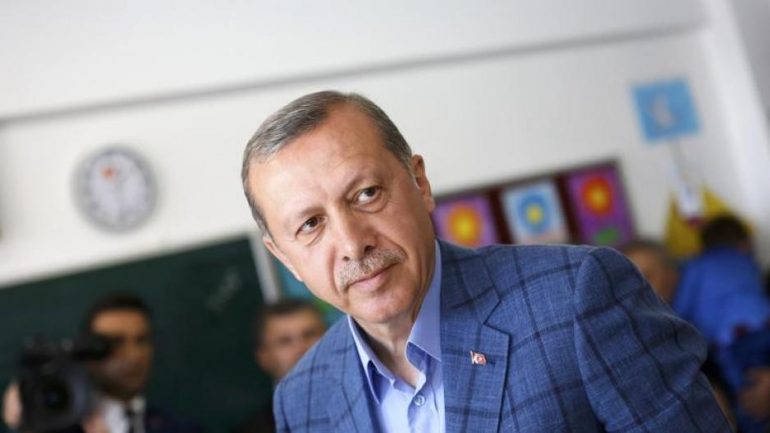The deportation of six Turkish nationals to Ankara over their alleged links to the Gulen movement has caused political unrest in Kosovo, but it is not the only diplomatic row involving Turkey, and in particular the post-April 2016 ouster , writes the Spanish newspaper El Pais.
Serbia extradited a Kurdish refugee sentenced to 15 years in prison by Turkish justice, although the UN Committee against Torture had urged Belgrade not to do so.
Since July 2016, immediately after the coup, Ankara has demanded the extradition of eight Turkish officers who have taken refuge in Greece, a case that is likely to worsen following the arrest and imprisonment in Edirne of two Greek soldiers who accidentally crossed the border.
In Kosovo, the deportation of six Turks has caused a small "tsunami" that resulted in the dismissal of the interior minister and the head of the intelligence service, as they had not informed Prime Minister Ramos Haradinaj about the operation, who assured on Friday that he was unaware. completely business.
The six men were flown by private plane to Turkey on Thursday in a joint Kosovo-Turkish intelligence operation. A day later, Kosovo President Hashim Thaci said the six had been deported "so as not to endanger national security". Haradinaj ordered an investigation into the matter.
Erdogan said Turkey was the second country to recognize Kosovo's unilateral independence in 2008. He did not hesitate to sharply criticize the ouster of the two officials. "Now I ask, the Prime Minister of Kosovo: who instructed you to take such a step? When did you start protecting the terrorists who tried to strike a blow at the Republic of Turkey? "The Kosovo brothers will pay you for that," Erdogan said in Istanbul last Wednesday.
The extradition process of the six Turkish citizens from Kosovo provoked strong reactions from NGOs and human rights activists, as their residence permits were first revoked and they were then deported on the pretext that they were illegal in Kosovo.
Human Rights Watch denounced their extradition as an "utter lack of respect for human rights" after the six Turks "were extradited to a country where there is a significant risk of torture".
A similar scandal was sparked by the extradition from Serbia of Kurdish activist Cevdet Ayaz, who was convicted of allegedly violating constitutional order in Turkey after his asylum application was rejected.
Belgrade said at the time that the United Nations warning of torture came when the removal process had already begun and this could not be legally rectified.
Ayaz's family found out about his return to Turkey when he was called to a police station in Istanbul where the prisoner appeared. Lawyers and human rights activists complain that the refugee status conventions have been violated after the asylum procedure has been completed.
However - the Spanish newspaper adds - the tension with Greece has more worrying features. For the umpteenth time, Ankara this week reasserted sovereignty over the Imia, in the Aegean - an issue that almost sparked a war between the two countries in 1996 - as Turkey sees the Balkans as a natural extension of its economic and political influence. (to such an extent that not a few local experts point out that the EU, somewhat hesitantly, leaves the field free in the region to Ankara and the Kremlin).
Apart from the abundant presence of Turkish companies (large construction and financial companies), Ankara hardly hides its ideological penetration.
In February, for example, a new organization in Bosnia - linked to the Turkish lobby - launched a campaign to defend the Turkish military operation in the Kurdish town of Afrin in Syria.
Erdogan has stepped up his visits to the region in recent months, including to Bosnia, Kosovo, Bulgaria and Serbia, which he visited last October to sign several trade agreements.
